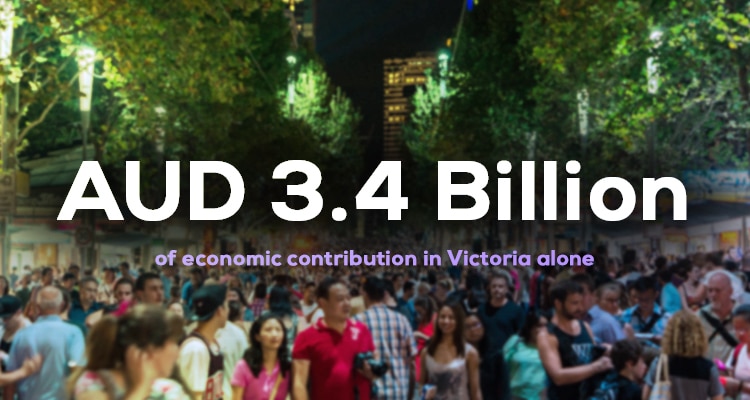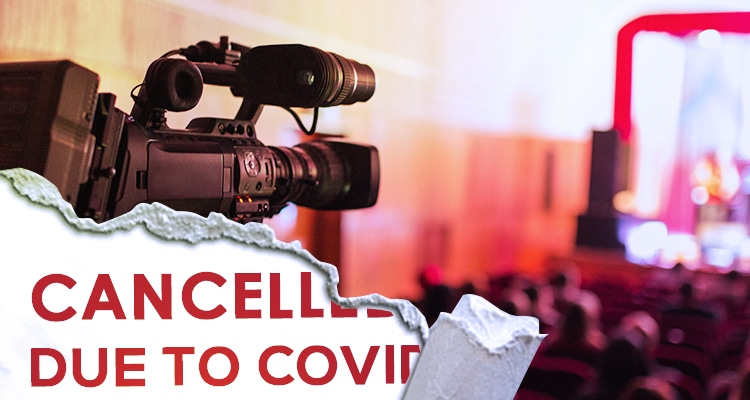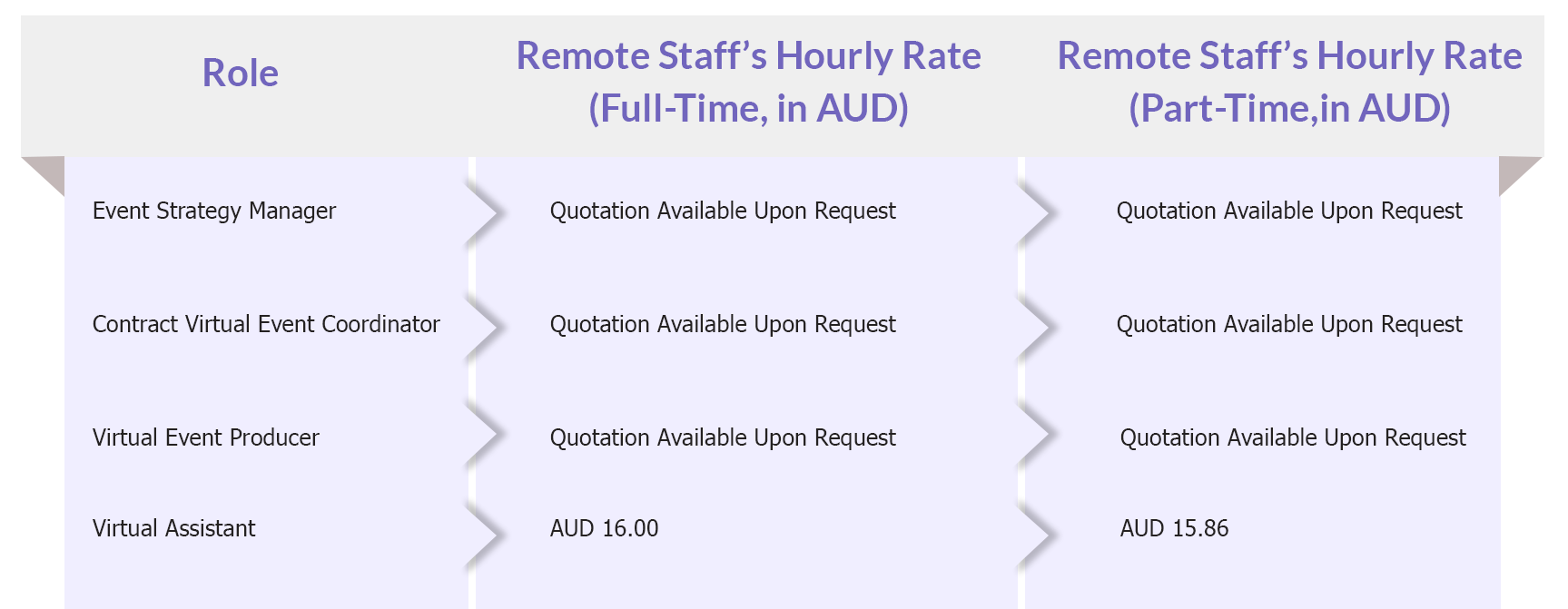Introduction

Australia’s spectacular destinations, an innovative culture, and world-class facilities have made it an emerging hub for all kinds of events. From international food and wine festivals to grand slam tennis matches, several premier events occur Down Under the whole year-round.
The country’s rising reputation as a safe and politically stable destination is also another factor behind its popularity for international events, especially over other Western countries experiencing political turmoil and terrorist attacks, such as the US and the UK. While only 23% of those who have never been to Australia associate it with exciting events and celebrations, Australia ranks second only to Japan for the same among those who have visited the country.
Out of six different event categories that characterise Australia’s event calendar, Nature and Wildlife events are the most appealing to international visitors, followed by Food and Wine, and then Sporting Events.
However, the real money lies in business events. Australia currently ranks 8th amongst the top 50 countries for business events, a group that accounts for AUD $1.48 trillion of event spending annually.
Australia’s business events industry has been growing at around 6% annually since 2014. As one of the national economy’s quiet achievers, it directly generated over $35 billion in 2019 alone. Over 43.7 million people attended more than 484,382 business events across Australia within that same year, resulting in over 229,000 people employed across a broad range of sectors and trades.

In Victoria alone, large conferences, gala dinners, and charity events brought in AU$3.4 billion, making the events industry not just a major economic contributor, but also a key business catalyst. Business events in particular facilitate the formation of networks and partnerships, foster investment opportunities, provide a marketplace for buyers and sellers, and also support regional dispersal and development. Even small events can bestow significant economic impact upon small regional communities.
On the visitor side, business visitors tend to spend double the amount that an international leisure visitor does per night, further highlighting the sector’s contribution to the visitor economy. Consequently, some 8,335 Australian businesses and 33,465 employees are dependent on the event sector.
It is also worth noting that the event sector’s massive growth has led to a demand for industry services associated with it. Thus, employers within this sector usually comprise event and/or meeting management, venue owners (i.e., those who own hotels/venues with accommodation), audio-visual/production organisations, and exhibition suppliers.
Challenges Within the Industry

Accessibility
Compared to European and North American destinations, air travel to Australia can be lengthy and expensive. However, while this makes targeting Western markets tricky, Australia’s location does provide an opportunity to tap into the Asia Pacific market instead.
There is, for instance, a growing appetite for Australian events and destinations in China and Hong Kong.
The COVID-19 Pandemic

This is undoubtedly the biggest challenge the Australian events industry currently faces. While lockdown restrictions may have eased as of this writing, major events and functions remain on hold indefinitely. Due to the nature of the disease’s transmissions, over 96% of events scheduled for the year have either been cancelled or postponed and there are still no federal guidelines as to how these events can be held in a post-COVID world.
Currently, the cancellations of major and business events add up to an economic loss of AUD35 billion over the next 12 months as well as more than 92,000 jobs. Industry insiders project that the multi-billion dollar industry won’t start to revive until next year, at least, and that the smaller operators might not be able to hold out for that long.

Over 59% of the industry or three in five businesses concur, believing that it will take them at least a year to recover once the COVID-19 crisis is resolved. Industry leaders currently enumerate financial stress, the lack of business opportunities, and low staff morale to be the biggest challenges at the moment.
The pandemic has also made retaining, training, and hiring permanent staff a lot more difficult for the events industry. A whopping 90% of businesses have reduced both their headcount and salaries, while 58% are poised to make redundancies. 44% now claim that they are likely to employ a percentage of temporary or freelance staff even after restrictions have eased further.
Lastly, even if the events industry does reopen, the logistics will never be the same. Health checks will remain mandatory, and each event will need a more comprehensive health and safety action plan in place, with dedicated staff checking for names and perhaps making use of apps that keep track of people’s whereabouts.
A Shift to Virtual Events

While this particular challenge is a direct consequence of the aforementioned one, it also presents an opportunity. Sure, the logistics of coordinating, say, a virtual wedding, is quite different from doing the same for its traditional counterpart. However, it would also require far less employees to pull off, and they won’t even need to be on the same continent, let alone the same room.
Figuring out the pricing for such can also be tricky, as you will probably have to charge much less and the margins will be smaller, at least at the beginning. However, virtual events can tide over smaller companies and enable them to ride out the storm, so to speak.
Furthermore, virtual events look like they will be around even after the pandemic is over, so they are certainly worth looking into and exploring, whether for the time being or beyond.
Remote Staff as a Possible Solution
Jonathan Lamm, the managing director of The Monday Group, said that the events industry should expect to see increased workplace flexibility in the coming months. He also mentioned an increased reliance on freelance and temporary staff, especially in events companies and creative agencies.
Needless to say, in order to survive, the events industry could require unconventional solutions, particularly when it comes to staffing, and this is where Remote Staff excels. With its vast pool of prequalified Filipino remote working talents, comprehensive skills development program for both clients and workers, and its uniquely-designed monitoring platform, filling your staffing requirements for both temporary and permanent arrangements ought to be a cinch.
Roles
So long as a job can be done remotely, you can bet that there will be someone in Remote Staff’s talent pool who can and will do it at an affordable rate, what with the exchange rate being in the Australian dollar’s favor in the Philippines.
Some of the recommended remote roles for the event industry are as follows:

- Event Strategy Manager.

- Contract Virtual Event Coordinator.

- Virtual Event Producer.

Should a company require a more specific role, Remote Staff would also be more than willing to seek out the right person for the job.
Tasks Per Role That Can Be Outsourced
Event Strategy Manager.
- research, strategize, coordinate, and implement best practices for webinars and online networking events as part of the overall sales and marketing strategy;
- schedule and maintain virtual events calendar;
- analyze post-event data to create status reports on event effectiveness;
- make strategic adjustments or recommendations to future events based on the aforementioned data analysis;
- manage multiple client requests;
Contract Virtual Event Coordinator.
- manage strict deadlines and budget demands;
- build and maintain relationships with vendors, venues, and other industry contacts to craft and implement creative and logistical aspects of all events;
- stay updated on event planning, design, and production trends;
- anticipate and solve operational challenges;
- train speakers for upcoming remote events;
- serve as a virtually ’emcee’ by introducing speakers, managing presentations, and/or moderating Q&A during webinars;
- establish standard virtual event procedures and train staff to execute them;
- coordinate with internal staff, clients, vendors, and others to establish event needs.
Virtual Event Producer.
- collaborate with other teams to determine requirements for each virtual meeting or event;
- manage online preparation, day-of-event execution and closing out of virtual events on various platforms;
- oversee event checklist and timeline to ensure all requirements and deadlines are met;
- coordinate event marketing, promotion, and community outreach for events;
- plan and oversee virtual event logistics including management of event postings, attendee registrations, email communications, and speaker outreach and coordination;
- provide additional Event support to large internal meetings and events, and external conferences;
Virtual Assistant.
- create spreadsheets;
- design presentations;
- perform administrative tasks;
- schedule meetings and appointments;
- update client and vendor records.
Remote Staff’s Hourly Rates
As some of the roles in the previous sections are highly specialized, their rates aren’t standardized yet. Furthermore, unless stated otherwise, the rates indicated below are expressed in Australian dollars (AUD):

Video of Remote Staff Explaining Their Experience Working in the Events Industry
Serena has been working remotely and writing content for the better part of the last decade. To date, she's written for Pepper.ph and Mabuhay Magazine, among others, and has churned out more than a thousand articles on everything from The Basics of Stock Market Investing to How to Make Milk Tea-Flavored Taho at home. Hermits, aspiring hermits, and non-hermits with interesting project propositions may email her at serena.estrella10@gmail.com.





















